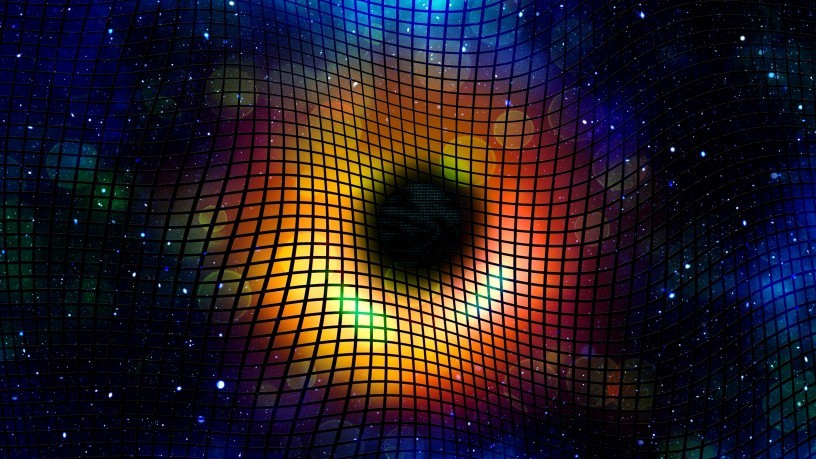A black hole in outer space is something whose gravitational pull sucks matter, light and radiation into a mysterious dimension and basically disappears it to a place that, perhaps, no human will ever know. These exist on the internet as well.

If you’ve ever sent an email zipping through the web, normally it arrives within seconds in the inbox of your correspondent, right? But sometimes, they never get the email or they claim they didn’t, anyway.
This is due to a thing called the “internet black hole.” We know as little about these collapsed stars as those in our universe: nothing at all. They are one of those unsolved internet mysteries that exist in cyberspace. They suck information in and don’t spit it out again.
These mysterious black holes have existed as long as the internet has. It’s been almost universally acknowledged that sometimes data simply doesn’t reach its destination. But where it goes, no one knows.
The greatest minds of internet technology have investigated the matter ― everyone from hackers, government IT agencies, and technology firms ― and, yet, no one has traced one of these inexplicable blips of data to its arbitrary destination, which leads some to believe in these mysterious vortexes that suck the data in and send it into some unknown oblivion.
Others believe these so-called “black holes” aren’t internet malfunctions but, rather, a purposeful rerouting of information, in order to collect user data. In fact, this may be true in some cases. In 2013, one suspected black hole supposedly rerouted personal information from US users to a suspicious address in Iceland.
In the end, the questions remain: Why this happens? What for this happens? Are people stealing our data this very second? Or, are we destined to be as ignorant of internet black holes as we are of the real thing? The phenomenon is beyond our imagination.



